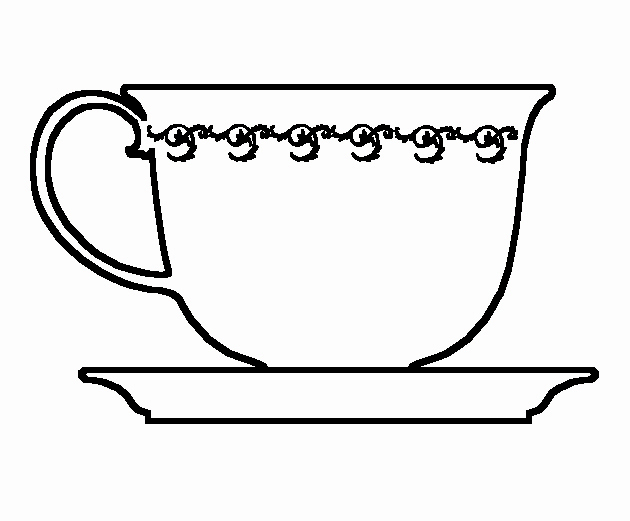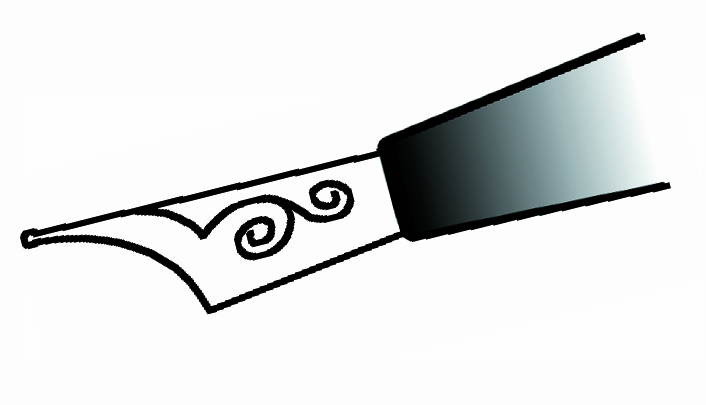In honor of Presidents Day, and the Father of our Country's birthday on February 22, Etiquetteer is going to update parts of George Washington's Rules of Civility and Decent Behaviour in Company and Conversation.
Etiquetteer bets you didn't even know George Washington wrote an etiquette book! He copied 110 maxims when he was only 14. Several of these have to do with precedence and are, shall we say, overly exaggerated for the 21st century. But others remain classic at the core, and need to be restated. For instance:
GW 1.0: "7th, Put not off your clothes in the presence of others, nor go out of your chamber half-dressed.
GW 2.0: The idea is, you show respect for others by looking put together in public. Don't leave the house until you're completely dressed; for ladies this means completely made up, too. No one should have to see these things in action: mascara wands, buttons, belts, and especially underwear. Say no to the fashion of sagging! Say no to gaposis! And, as Etiquetteer mentioned earlier this year, don't wear your pajamas in public!
GW 1.0: "18th, Read no letters, books, or papers in company; but when there is necessity for the doing of it, you must ask leave."
GW 2.0: George's essential truth is still sound, that the person with you in person is more important than the person with you through another medium. Do not text or take or make phone calls in the presence of others, especially at the table, unless you ask permission first. This is especially difficult at table, or in a car, when your prisoners - um, Etiquetteer means companions - might be unable to continue talking themselves while waiting on you.
GW 1.0: "22nd, Show not yourself glad at the misfortune of another, though he were your enemy" and "23rd, When you see a crime punished, you may be inwardly pleased, but always show pity to the suffering offender."
GW 2.0: Refrain from flaming on online comment boards, especially anonymously. It's no surprise that people give in to their baser instincts when their identities are concealed. Such behavior does, however, brand one a coward.This is only one reason you'll never see a comment board here at etiquetteer.com (not that readers of Etiquetteer behave that way, of course.)
GW 1.0: "48th, Wherein you reprove another be unblameable yourself, for example is more prevalent than precept."
GW 2.0: Simply put, "Practice what you preach." It is very bad form, for instance, to advocate for the sanctity of marriage when one has been divorced, and certainly when one has been divorced more than once.
GW 1.0: "50th, Be not hasty to believe flying reports to the disparagement of any" and "79th, Be not apt to relate news if you know not the truth thereof."
GW 2.0: Don't trust what you read on the Internet and do your own research. Sad to say, partisans on every side of the political spectrum, in their eagerness to paint as dark a picture as possible of their opponents, do not adhere as zealously to Truth as they ought. Inflammatory email that gets circulated and recirculated, charts and graphs that appear on social media such as Facebook, more often than not contain errors of fact, bald or nuanced. All this has led Etiquetteer to take refuge in the pages of The Economist.
GW 1.0: "110th, Labour to keep alive in your breast the little celestial fire called conscience."
GW 2.0: No change needed for GW 2.0. This little phrase still summarizes the entire book perfectly.















